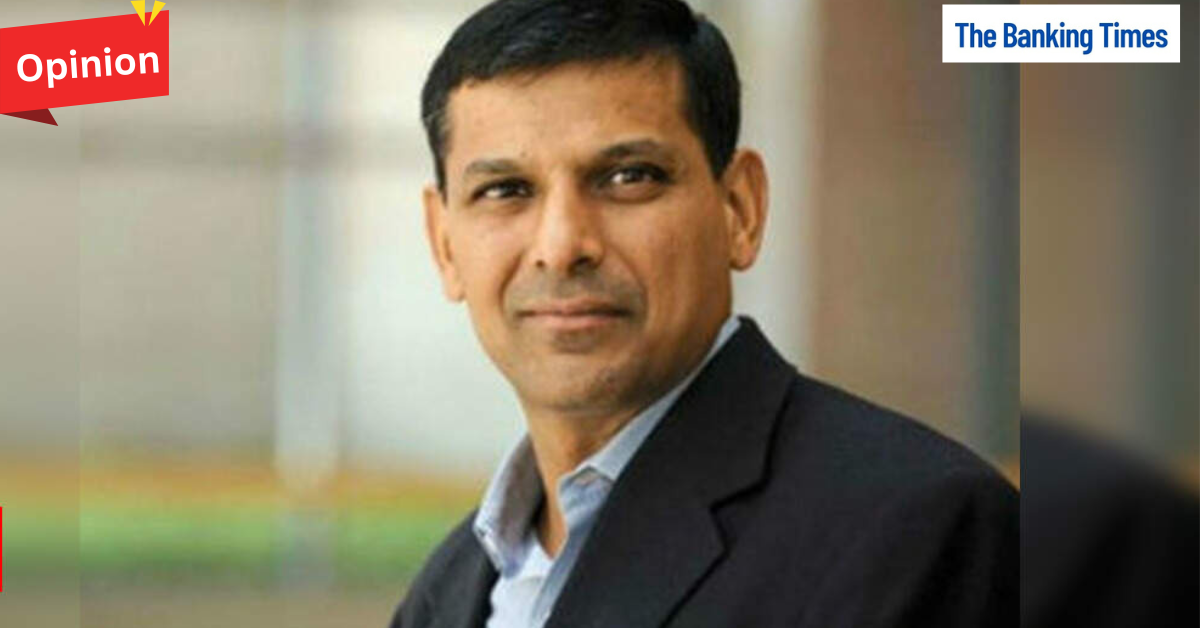India is poised to become the third-largest economy in the world, but former RBI Governor Dr. Raghuram Rajan believes this growth lacks true depth without global innovation. In a sharp critique published in The Times of India, Rajan asks a bold question — “Where is India’s TikTok, ChatGPT, or Fortnite?”
Domestic Giants, Global Struggles
Despite having a huge domestic market and government backing, India has failed to create world-renowned products or tech platforms. “We don’t have a single Indian company known globally for its innovation,” Rajan writes. He compares the situation to countries like Japan and Germany, which are home to brands like Toyota, Sony, SAP, and Mercedes-Benz.
Even in sectors like automobiles, where India has a massive market, no Indian car has made a mark in developed economies. Instead, Indian automakers mostly export to low-cost markets.
Risk-Free Capitalism Holding India Back
Rajan blames a culture of “riskless capitalism” — where Indian firms enjoy state protection from foreign competition, reducing their need to innovate.
> “Place a tariff on foreign rivals, or impose regulatory blocks,” he says, describing how India shields domestic companies from global pressure — a move that he believes is creating stagnation.
This protectionist model, according to Rajan, discourages Indian firms from aiming global. As long as copycat products can satisfy the domestic market, the push for original innovation is minimal.
India’s Missed Opportunities in Tech and Pharma
India’s IT sector, once a global success story during the Y2K boom, still hasn’t created a single dominant global product. Similarly, Indian pharmaceutical firms excel in generics but lag in creating original drugs.
> “Where is the Indian TikTok or DeepSeek AI?” Rajan asks. “Even our clones don’t go global — because they are merely imitative.”
Innovation Begins in Universities — And That’s a Problem
According to Rajan, India’s weak research output from universities and lack of commercialization pipelines are core barriers. While he appreciates the creation of the Anusandhan National Research Foundation, he insists it needs much more funding and support.
Innovation Isn’t Just for Growth — It’s for National Security
Rajan points out that true innovation isn’t just about economic growth — it’s about national survival. “As Ukraine shows us, the future of war is driven by smart tech and innovation,” he says.
Final Word: Third Largest Is Not Enough
Rajan ends with a hard-hitting conclusion: “India should not be satisfied with becoming the third-largest economy. We must become one of the most innovative nations. Only then will Indian companies become global names — and only then can India truly grow rich before it grows old.”

Leave a Reply